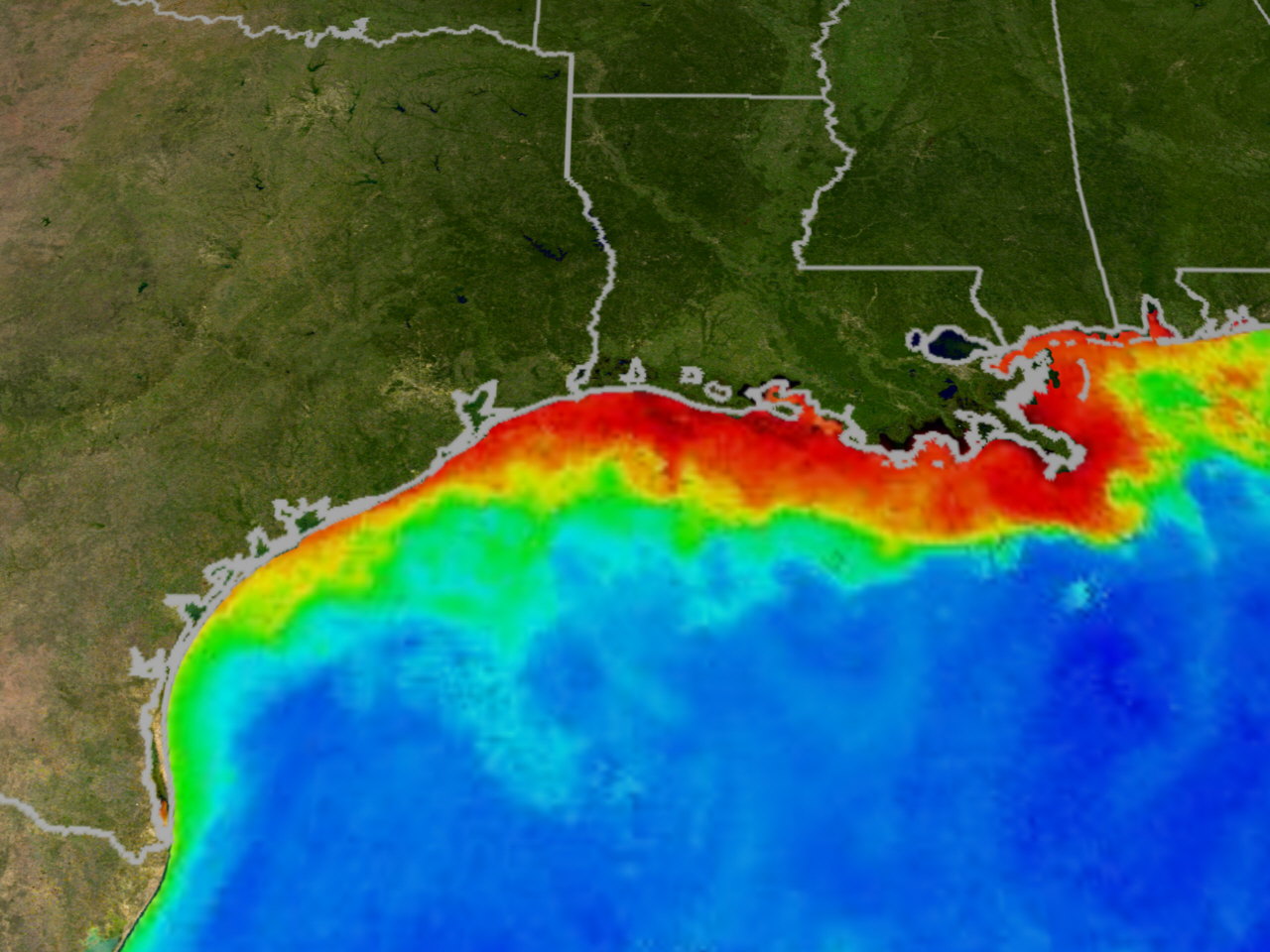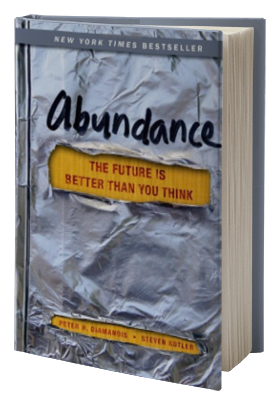I was sadden to hear of the recent death (at 75) of another
personal hero of mine, Wayne Dyer. Wayne
grew up in Detroit, Michigan, and had a fairly rough go of it. His mother made a couple of bad choices in
husbands and her children suffered from it.
Wayne’s father just kind of disappeared.
Wayne found his grave years later in Mississippi. The second husband was an alcoholic and this
led to divorce. These were not good
times and Wayne’s mother was not in good financial condition so her children wound
up in several foster homes. Wayne
managed to take all of this in stride.
She was eventually able to reunite the family.
After graduating from high school, Wayne did a stint in the
Navy. He then decided to go to college
at Wayne State University in Detroit. He
had a bit of trouble getting in because of his previous academic performance. He was admitted under special circumstances
and came through with flying colors eventually receiving a doctorate from Wayne
State. He worked as a counselor and then
became a professor at St. John’s University in NYC. His first book Your
Erroneous Zones was about how we defeat ourselves in life and how to
overcome our self-limiting ideas. So he became a self-help guru with many
books, TV programs on PBS, tapes, DVDs, seminars etc. to his credit.
His books have been a great help to me at certain low points
in my life and I still read them and listen to his audios. He got into more mystical things as he aged
and I get some people criticized him for that.
I consider him
another friend and teacher that I have never met.
Some resources.
- Wayne’s Website: http://www.drwaynedyer.com/
- Podcast Series: https://itunes.apple.com/us/podcast/dr.-wayne-w.-dyer-podcast/id988177838?mt=2
RIP Wayne










